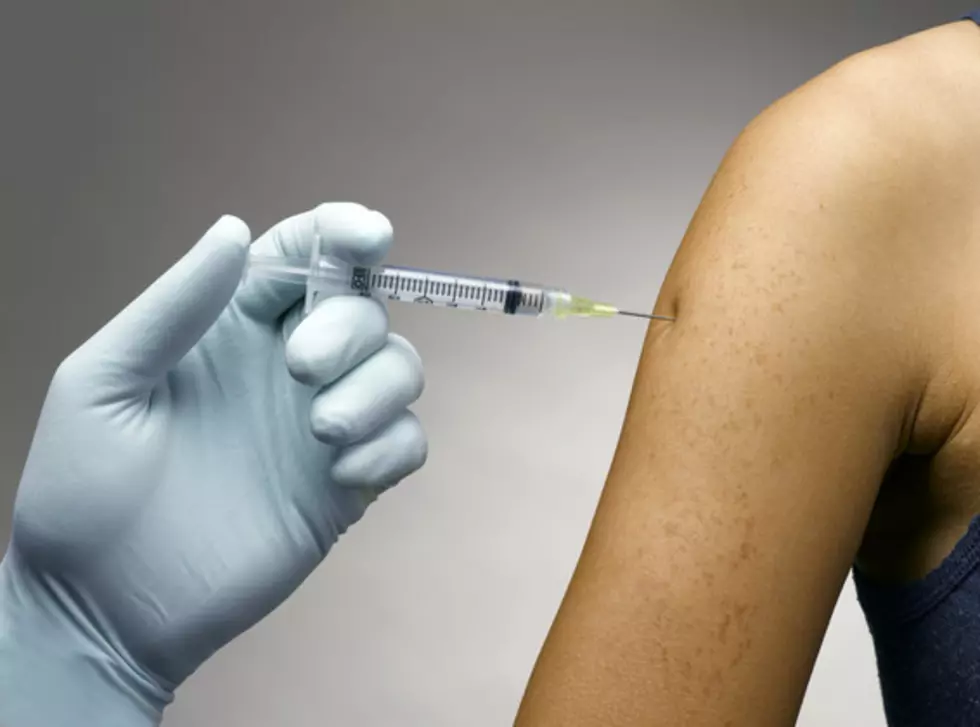
How the COVID gets to NJ: It’s a major challenge
Earlier this week, large shipments of the Pfizer COVID-19 vaccine arrived at hospitals across the Garden State and tens of thousands of frontline healthcare workers began getting vaccinated.
The vaccine rollout may look simple but a great deal of precise and coordinated maneuvering is taking place behind the scenes.
Staci Pacetti, a clinical assistant professor at the Rutgers Camden School of nursing, and an infectious disease specialty pharmacist, said the Pfizer vaccine is a new type of mRNA vaccine made of genetic material that essentially teaches your immune system to defend itself from the novel coronavirus. But in order to be effective the vaccine must be kept at an ultra-cold minus-70 degrees Celsius.
Pfizer has shipped 76,000 doses of its vaccine to 53 acute care hospitals in the Garden State that have super-cold storage facilities and that’s where the shots are being given to healthcare workers.
But the actual transport of the vaccines is in itself challenging.
Pacetti said to get supplies of the vaccine to New Jersey, Pfizer created a new kind of ultra-cold transport box that has a thermal tracking system that keeps tabs on the temperature.
That’s necessary because if the temperature dips below minus-70 degrees for any length of time, the vaccine won’t be effective.
Next week, long-term care facility residents and staff will begin to receive these COVID vaccines, which Pacetti said will necessitate a carefully orchestrated planning process involving dispensing a specific amount of the vaccine to different nursing homes where recipients will get their shots within a specified amount of time.
She noted the vaccine can be kept at its required temperature using dry ice. But because this vaccine rollout is taking place across the country there is currently a national dry ice shortage.
Pacetti pointed out if all goes as planned and the Moderna COVID vaccine begins to arrive in New Jersey next week, it will be easier to handle because this vaccine only needs to be kept at minus-20 degrees Celsius, which is similar to the temperature in a regular freezer.
“It can be delivered in a more standard type fashion, so without the thermal packing and the tracking system,” she said.
And because the vaccine can be stored in a normal freezer, it will be much easier to make it more widely available at pharmacies, health clinics and doctor’s offices.
Pacetti said the fact that we will have both the Pfizer and the Moderna vaccine available less than a year after the pandemic began is amazing but it’s important to remember “we didn’t cut corners."
"We just condensed things and we had things operating simultaneously instead of subsequently," she said.
More From Townsquare Media News:
Take A Tour Through Downtown Toms River
More From Beach Radio










